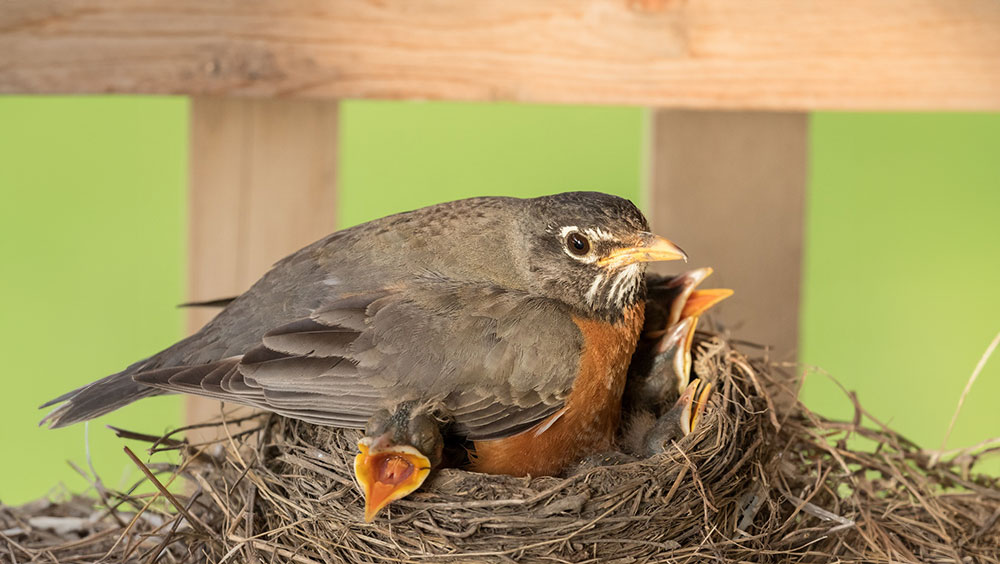Many bird enthusiasts and curious nature lovers often wonder, "How long do baby birds stay in the nest?" This question is important for understanding the development and growth of birds. The answer varies depending on the species, but there are general patterns that can help you understand the nesting period of most birds. Knowing these patterns can really give you a "bird's-eye view" of their early life stages.
Bird Development Stages
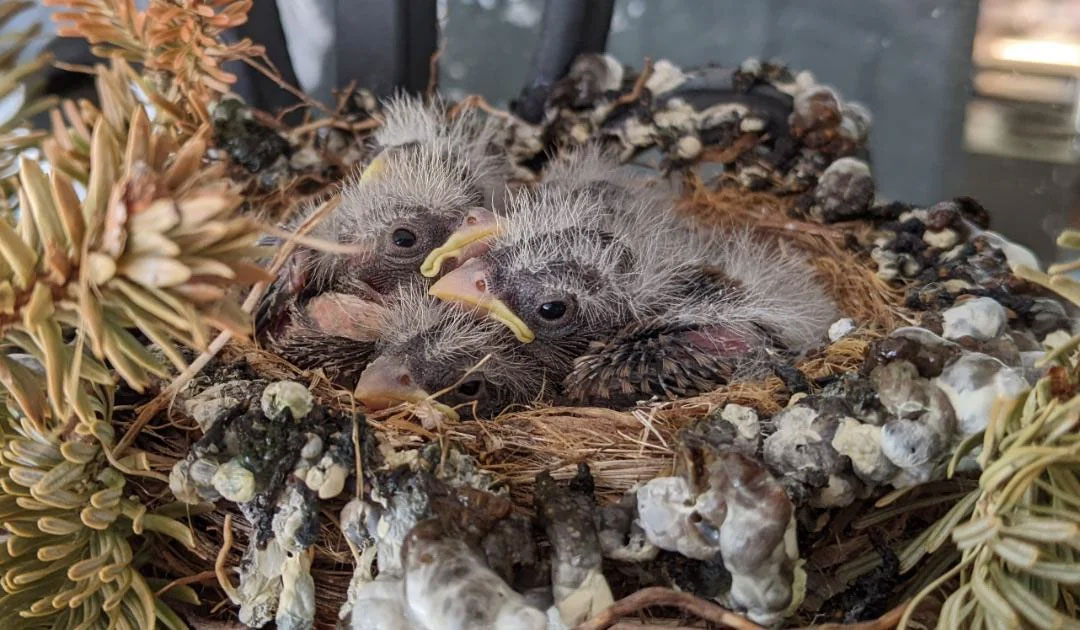
Baby birds, also known as nestlings, go through several stages of development before they are ready to leave the nest. These stages include hatching, being fed by parents, growing feathers, and developing the ability to fly. The time each stage takes can vary greatly among different bird species.
Hatching To Fledging
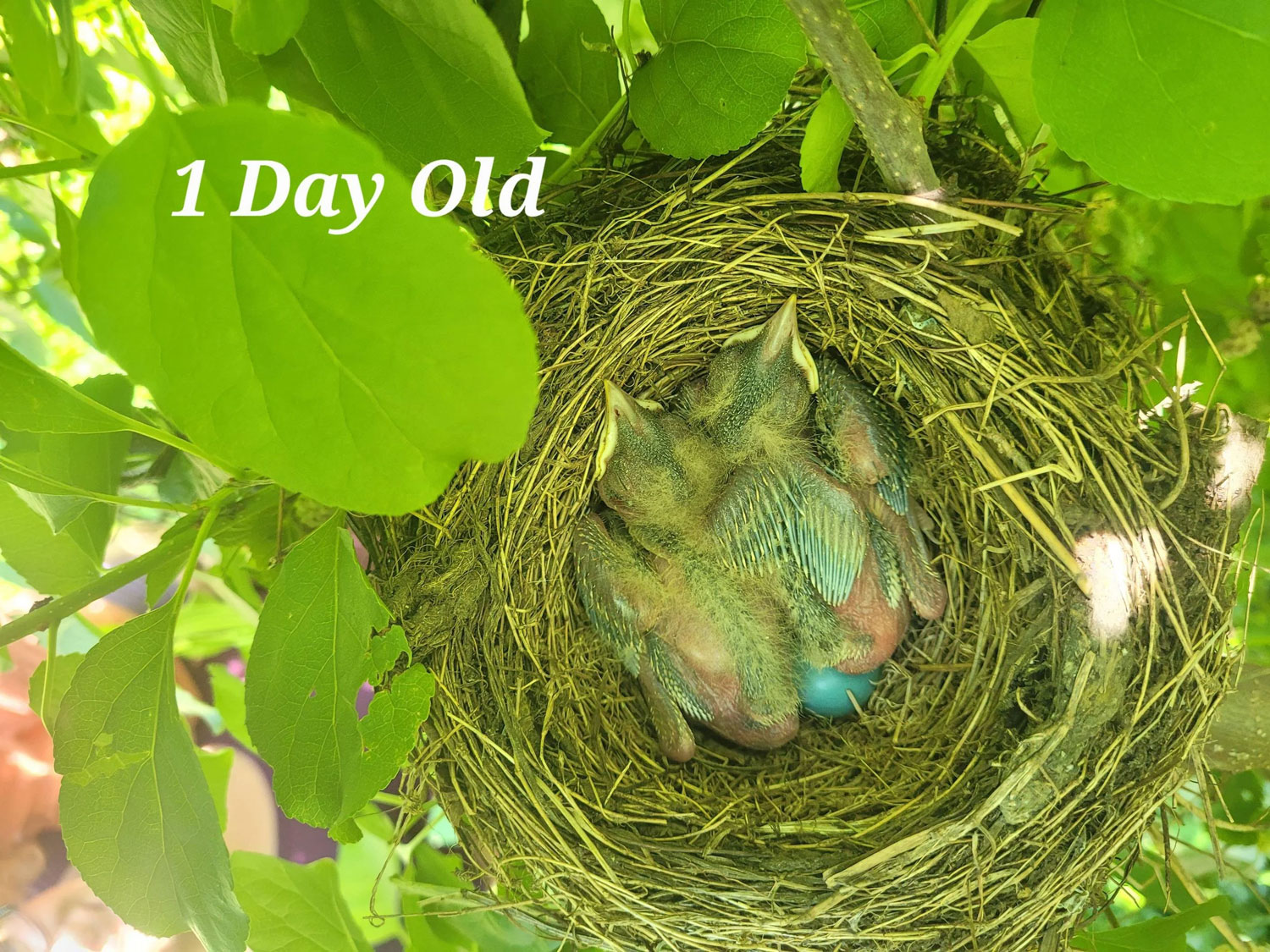
For many common bird species, baby birds stay in the nest for about 10 to 14 days after hatching. During this time, they are completely dependent on their parents for food and protection. The parents tirelessly feed their chicks, providing them with the necessary nutrients to grow and develop.
Species-Specific Timelines
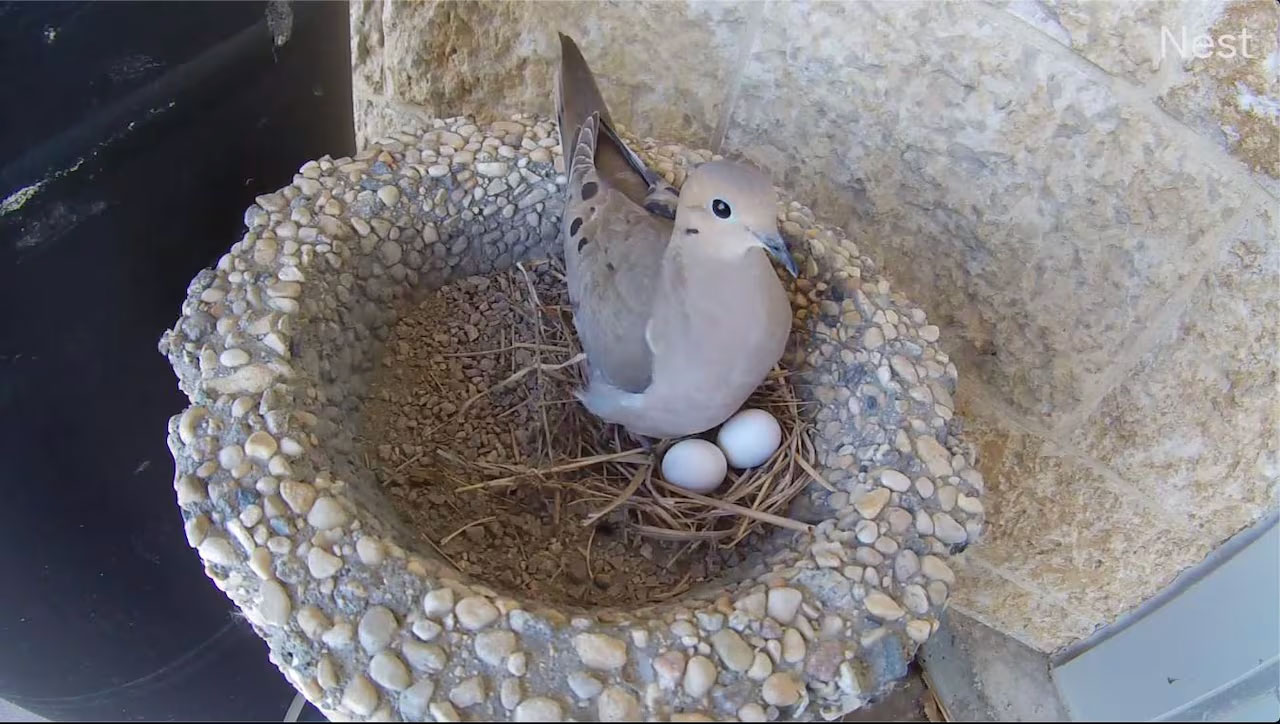
The exact duration baby birds stay in the nest depends on the species. For example, American robins typically stay in the nest for about 13 days, while house sparrows may leave the nest as early as 11 days after hatching. Larger birds, such as eagles and owls, have a much longer nesting period, sometimes up to 8 to 12 weeks.
Factors Affecting Nest Duration
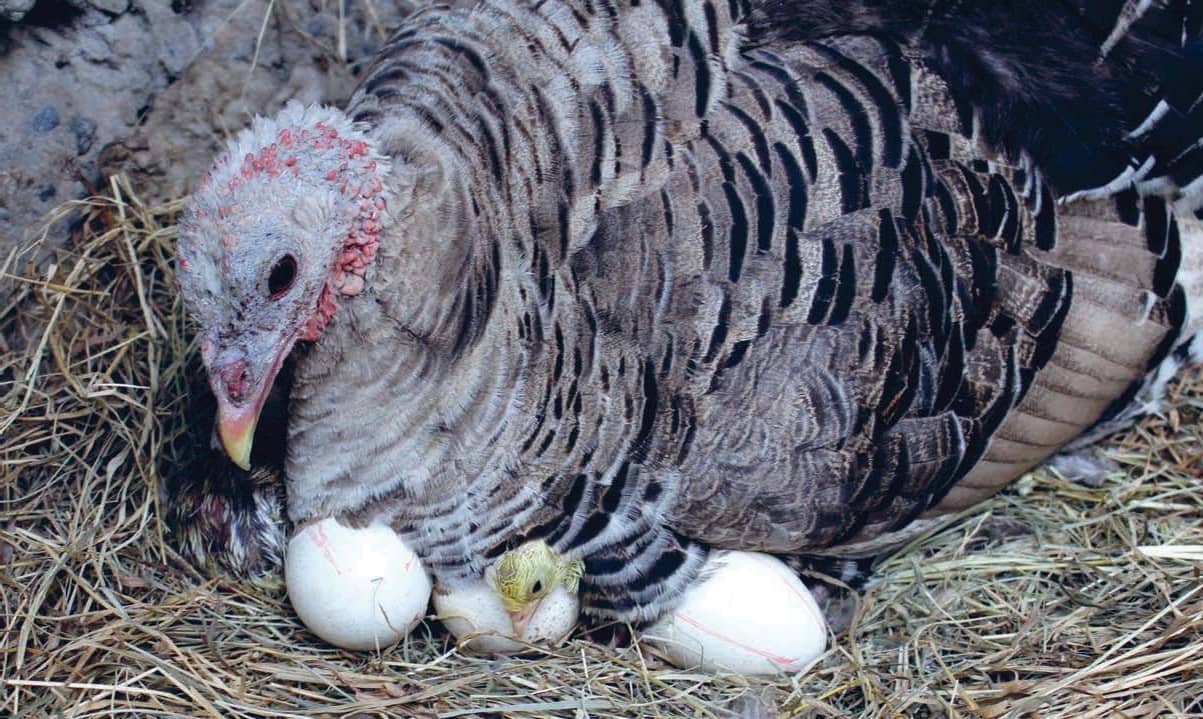
Several factors can influence how long baby birds stay in the nest. These include the availability of food, weather conditions, and the presence of predators. In some cases, if food is abundant and weather conditions are favorable, nestlings may develop more quickly and leave the nest sooner.
Learning To Fly
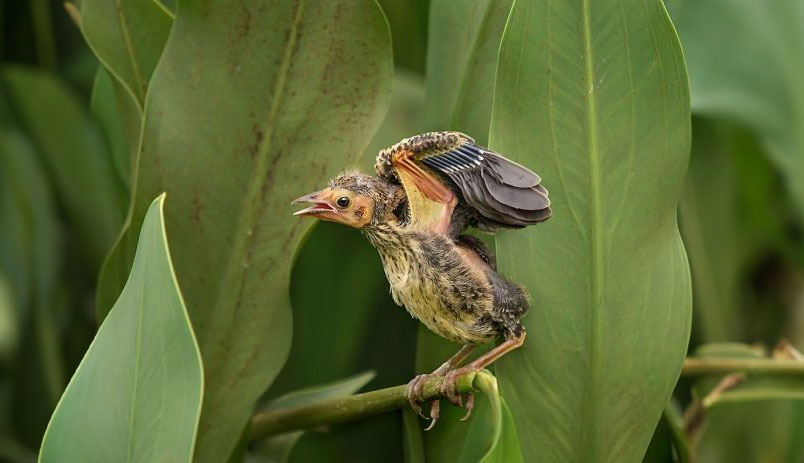
Leaving the nest, or fledging, is a critical stage in a baby bird’s life. When nestlings are ready to fledge, they begin to exercise their wings and practice flying. This period can be risky, as fledglings are vulnerable to predators and accidents. However, the ability to fly is essential for their survival and independence.
Parental Guidance
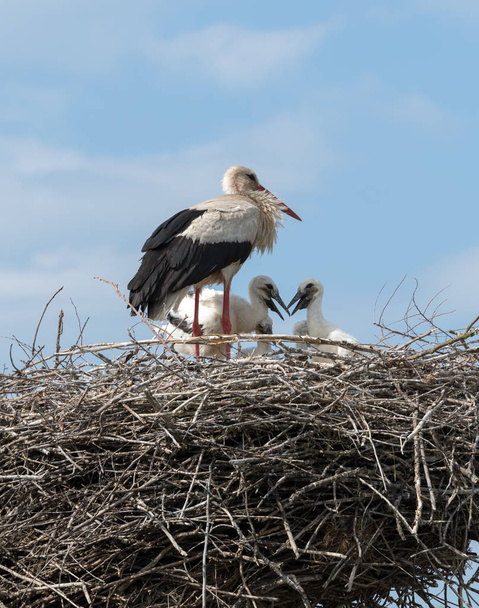
Even after fledging, many young birds still rely on their parents for guidance and feeding. This period, known as the post-fledging dependency period, can last several weeks. During this time, the parents continue to teach their young how to find food and avoid dangers.
Signs Of Readiness To Leave the Nest
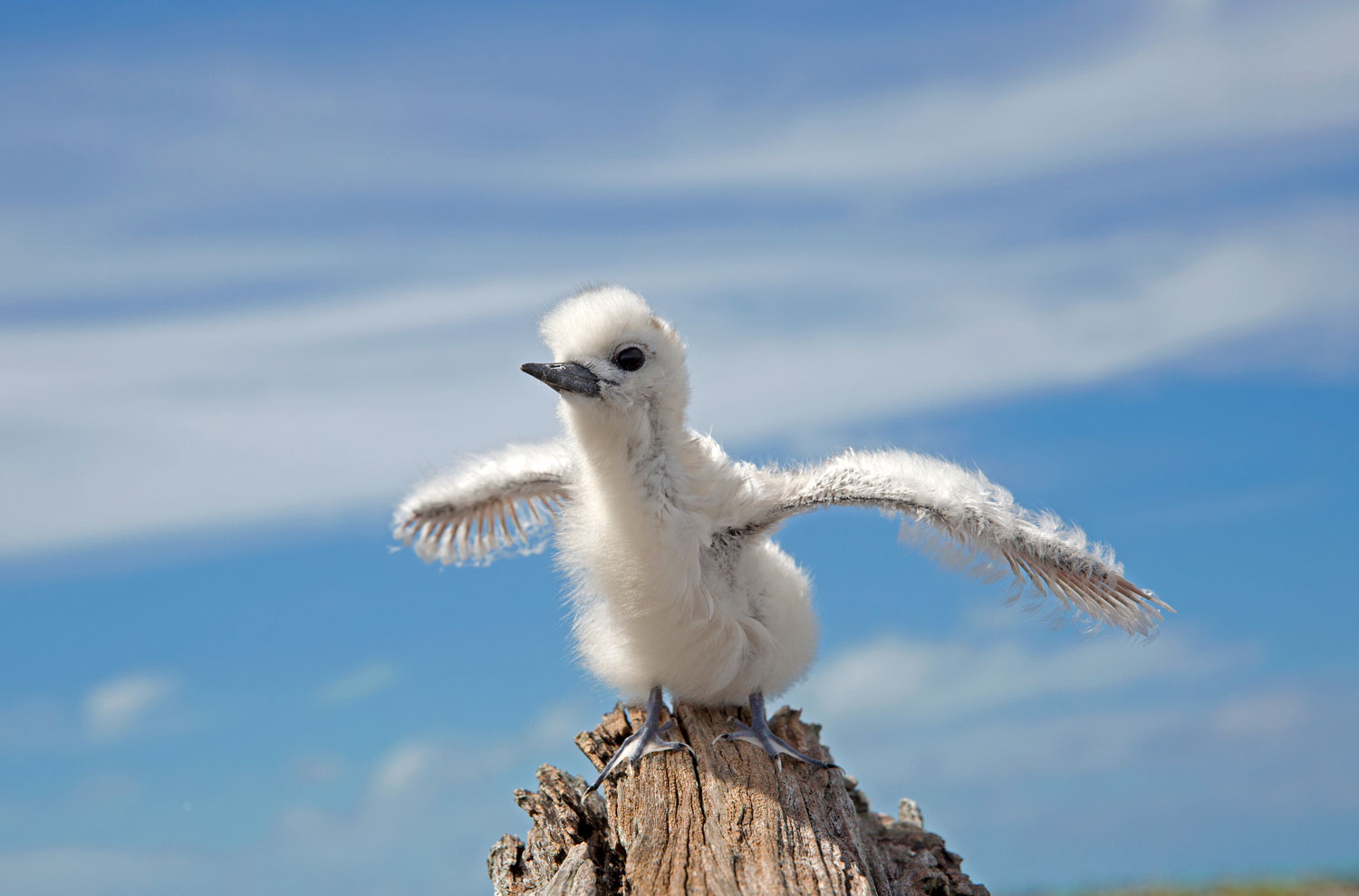
You can often tell when baby birds are ready to leave the nest by observing their behavior. They will start flapping their wings vigorously, moving around the nest more, and showing less dependency on their parents for feeding. These signs indicate that they are preparing for their first flight.
Human Interaction
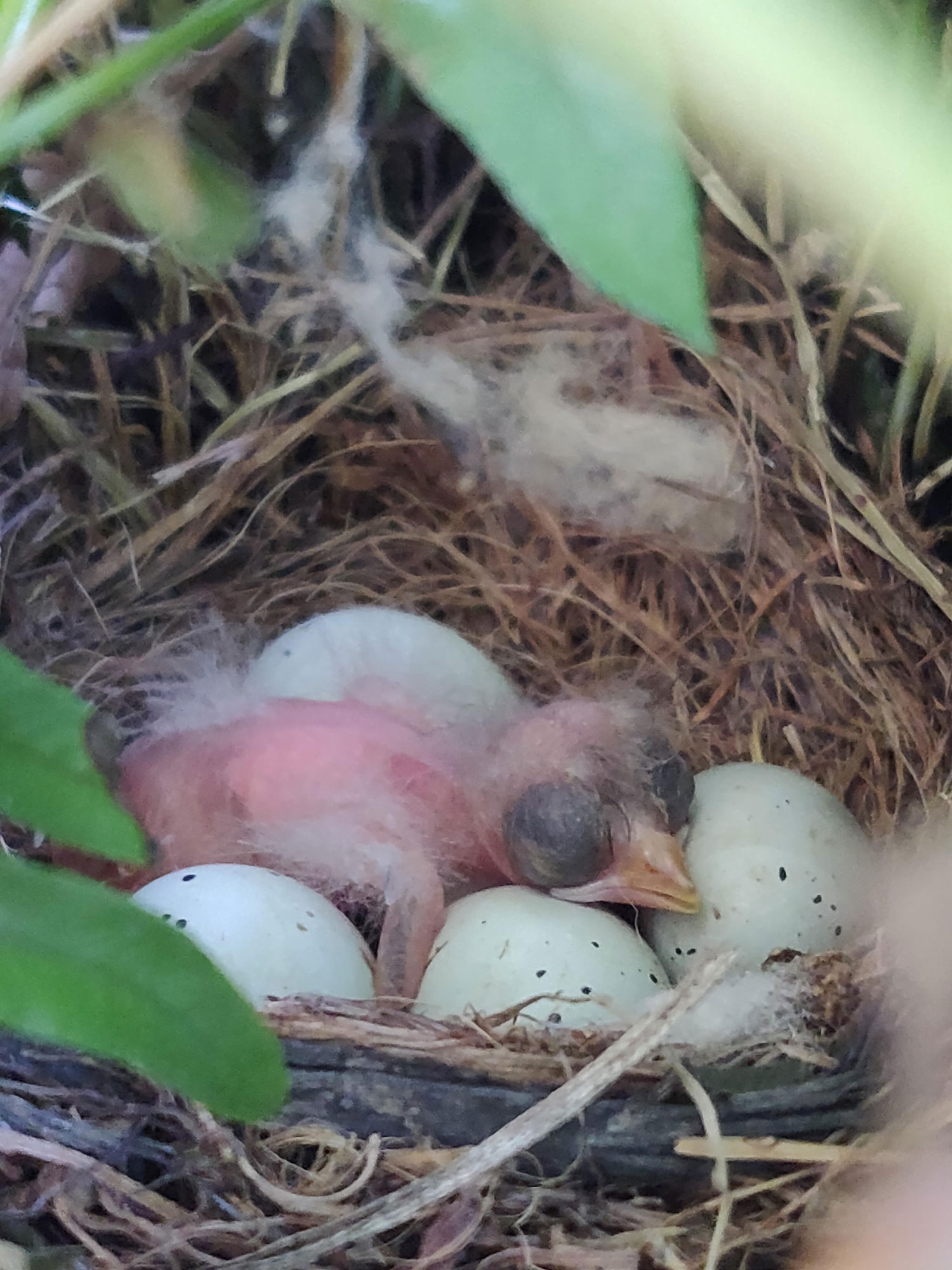
If you find a baby bird out of its nest, it’s important to understand the best course of action. In many cases, the parents are nearby and still caring for the fledgling. It’s usually best to leave the bird alone unless it’s in immediate danger. If you’re unsure, contacting a local wildlife rehabilitator can provide guidance.
So, how long do baby birds stay in the nest? The answer varies, but understanding the general timeline and factors involved can help you appreciate the complex process of bird development. From hatching to fledging, baby birds undergo significant changes that prepare them for independent life. Observing this process can be a rewarding experience for bird lovers and nature enthusiasts alike.

